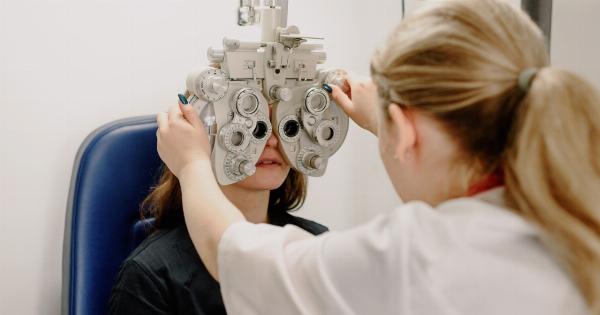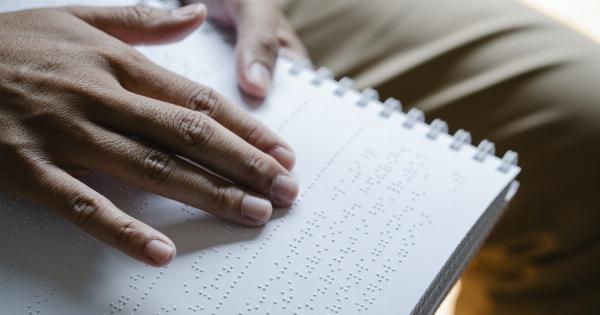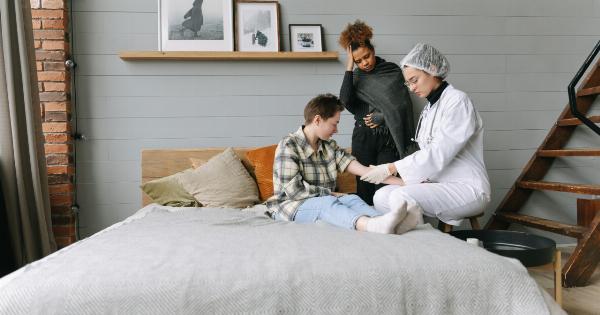Hemorrhoids are a common and uncomfortable condition that affects millions of people worldwide. Also known as piles, they occur when the veins in the anus and rectum become swollen and inflamed.
Hemorrhoids can cause pain, itching, and bleeding, and they can greatly affect a person’s quality of life. Thus, understanding the causes, symptoms, and treatments of hemorrhoids is essential.
Causes of Hemorrhoids
There are several possible causes of hemorrhoids, including:.
Pregnancy
Pregnant women may develop hemorrhoids due to the added pressure on the pelvic and rectal areas. Hormonal changes during pregnancy can also contribute to the development of hemorrhoids.
Chronic Constipation or Diarrhea
Chronic constipation or diarrhea can lead to straining during bowel movements, increasing the risk of hemorrhoids formation. Straining can cause the veins in the anus and rectum to swell and become inflamed.
Obesity
Excess weight puts pressure on the rectal area, increasing the likelihood of hemorrhoids. Obese individuals are more likely to have poor blood circulation, which can also cause hemorrhoids to develop.
Aging
As we age, the veins in our bodies become weaker and less elastic, including those in the anus and rectum. This weakening can lead to the development of hemorrhoids.
Symptoms of Hemorrhoids
The symptoms of hemorrhoids can vary depending on the type and severity of the condition. Common symptoms of hemorrhoids include:.
Pain or Discomfort
Internal hemorrhoids usually do not cause pain, but external hemorrhoids can be very painful and uncomfortable. Pain can occur during and after bowel movements, and can last for several hours.
Bleeding
Bleeding during bowel movements is a common symptom of hemorrhoids. The blood is typically bright red and may be seen on toilet paper or in the toilet bowl.
Itching or Irritation
Hemorrhoids can cause itching and irritation in the anal area. This discomfort can be exacerbated by sweating, sitting for extended periods of time, and other activities that put pressure on the rectal area.
Swelling or Lump
External hemorrhoids can cause a lump or swelling in the anal area. This lump may be tender to the touch, and can make sitting and other activities uncomfortable.
Treatments for Hemorrhoids
There are several treatment options available for hemorrhoids, including:.
Lifestyle Changes
Making changes to your diet and exercise habits can help prevent and alleviate hemorrhoids. Eating a high-fiber diet and drinking plenty of water can help soften stool and make bowel movements easier.
Getting regular exercise can improve blood flow and prevent constipation. Avoiding sitting or standing for long periods of time can also help.
Over-the-Counter Medications
There are several over-the-counter remedies available for hemorrhoids, including creams, ointments, and suppositories. These medications can help alleviate itching, pain, and swelling.
Medical Procedures
In some cases, medical procedures may be necessary to treat hemorrhoids. These procedures can include rubber band ligation, sclerotherapy, and hemorrhoidectomy.
These procedures are typically done on an outpatient basis and can help alleviate symptoms and prevent recurrence.
Preventing Hemorrhoids
There are several things you can do to help prevent the development of hemorrhoids, including:.
Eat a High-Fiber Diet
A diet high in fiber can help prevent constipation and make bowel movements easier.
Stay Hydrated
Drinking plenty of water can help soften stool and make bowel movements easier.
Exercise Regularly
Regular exercise can help improve blood flow and prevent constipation.
Avoid Straining During Bowel Movements
Straining can put pressure on the veins in the anus and rectum, increasing the risk of hemorrhoids.
Avoid Sitting or Standing for Long Periods of Time
Sitting or standing for extended periods of time can exacerbate hemorrhoid symptoms. Taking frequent breaks to stretch and move around can help prevent hemorrhoids from developing.
Conclusion
Hemorrhoids are a common and uncomfortable condition that can greatly affect a person’s quality of life.
Understanding the causes, symptoms, and treatments of hemorrhoids can help prevent their development and alleviate symptoms for those who have already developed them.






























